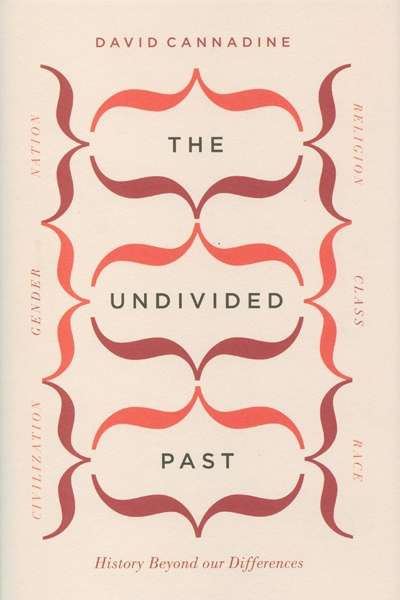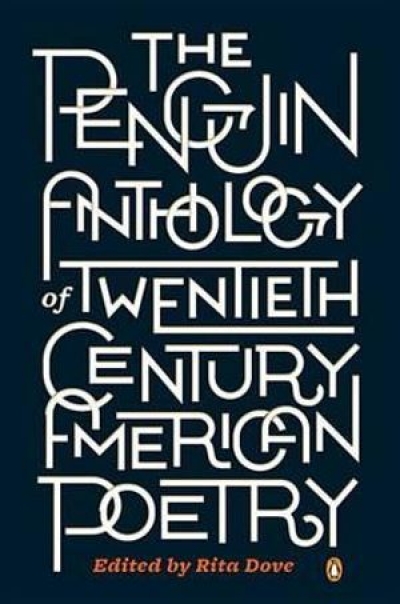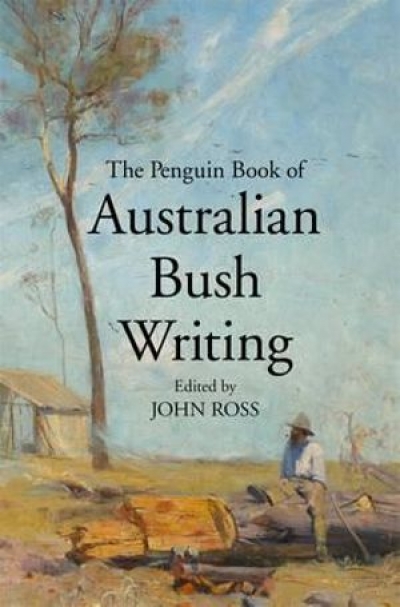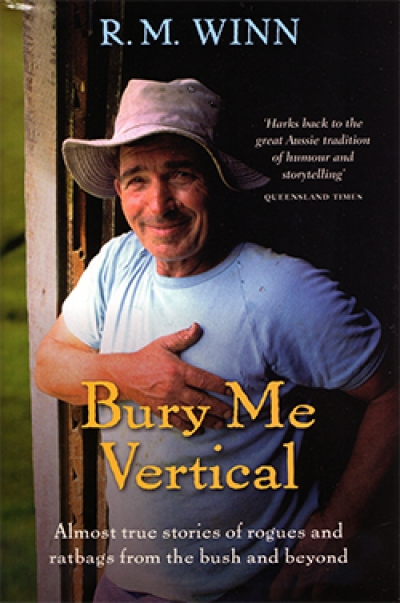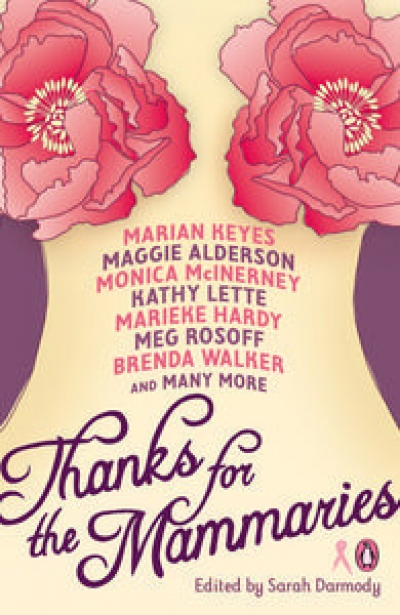Penguin
The Undivided Past: History Beyond our Differences by David Cannadine
by Stuart Macintyre •
The Penguin Anthology of Twentieth-Century American Poetry edited by Rita Dove
by Paul Kane •
The Penguin Book of Australian Bush Writing edited by edited by John Ross
by Susan K. Martin •
Despite increasing competition from Internet search engines and online encyclopedias, quality information titles for children continue to be produced in Australia. Well-researched non-fiction books that bring their subject matter to life can have a much greater impact on an inquisitive mind than is the case with the fact-bites of Google.
... (read more)
